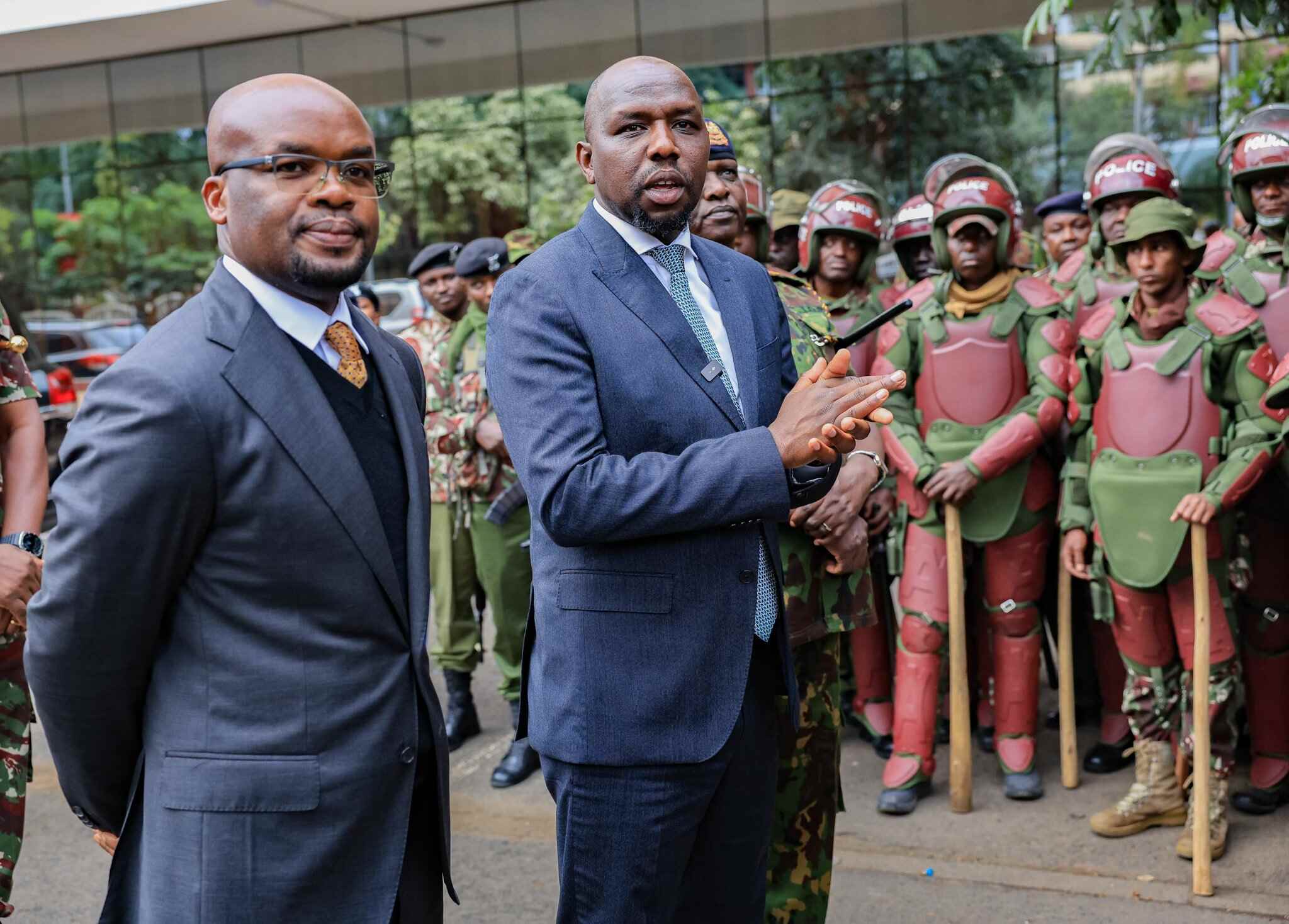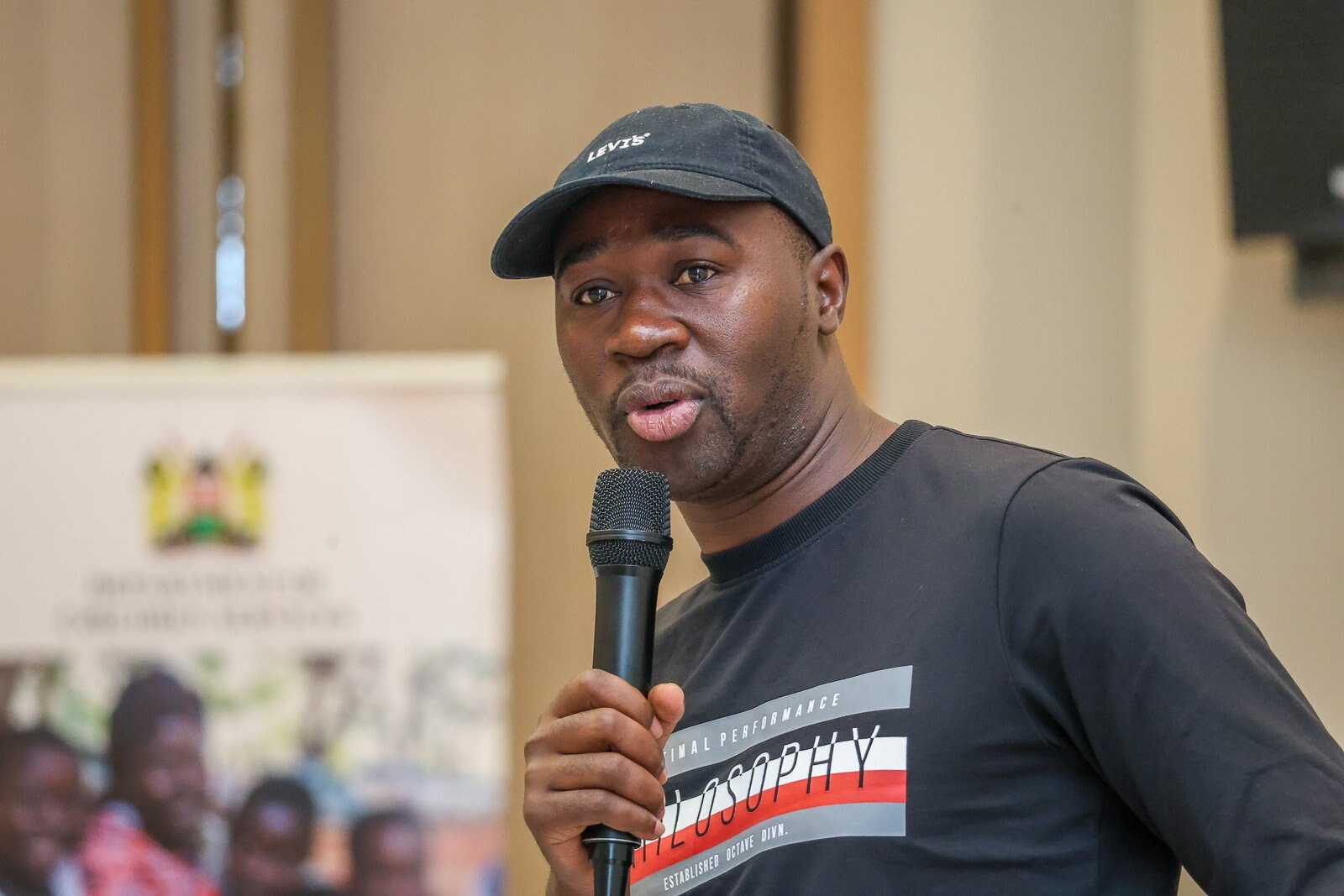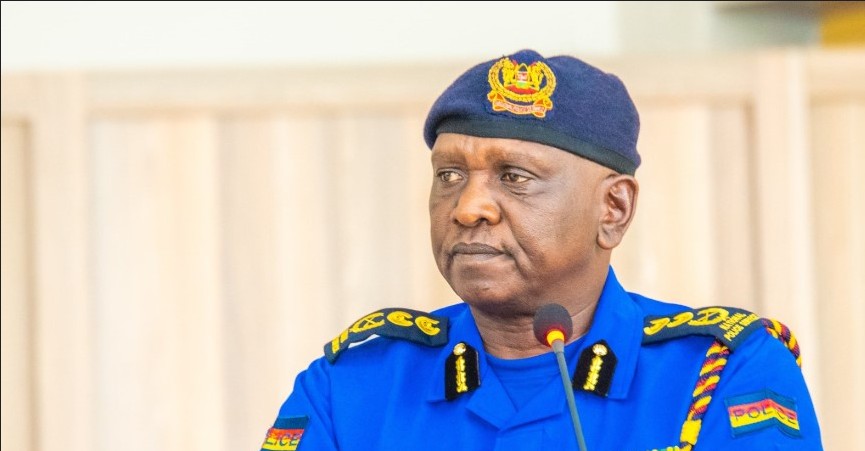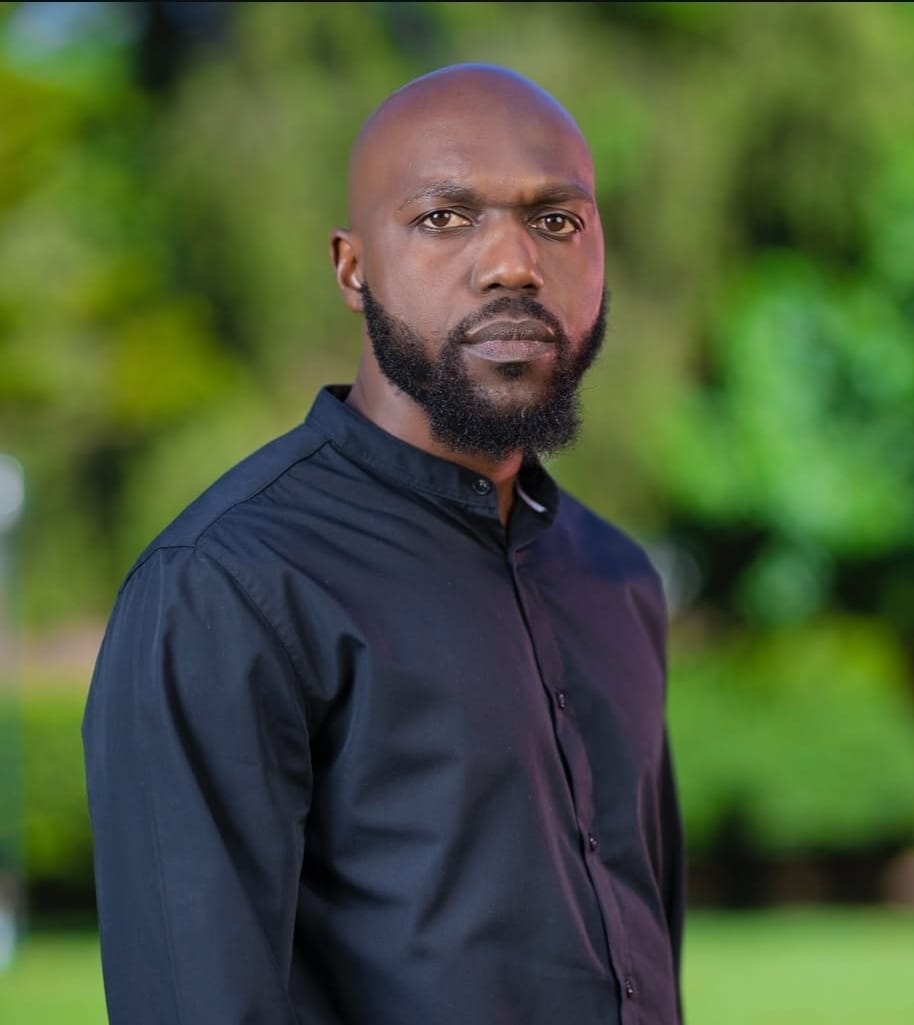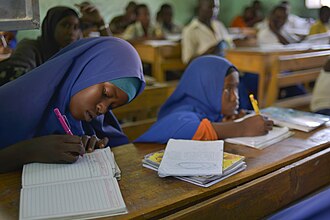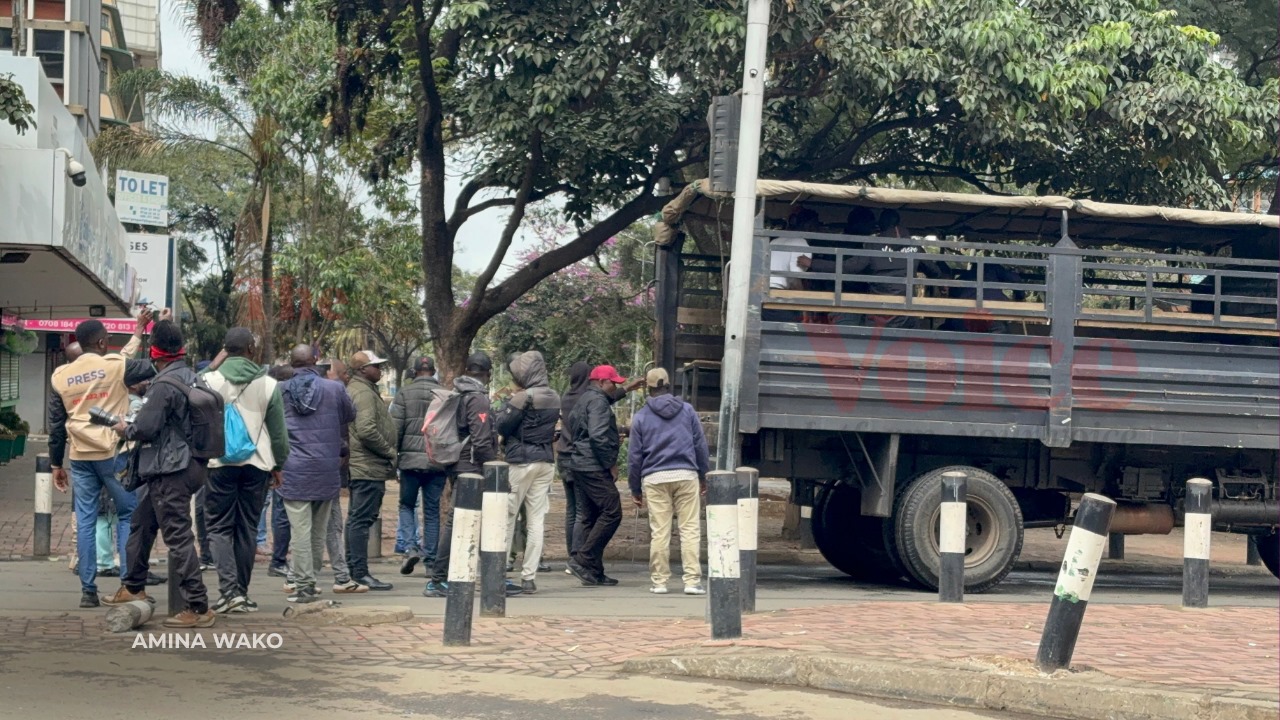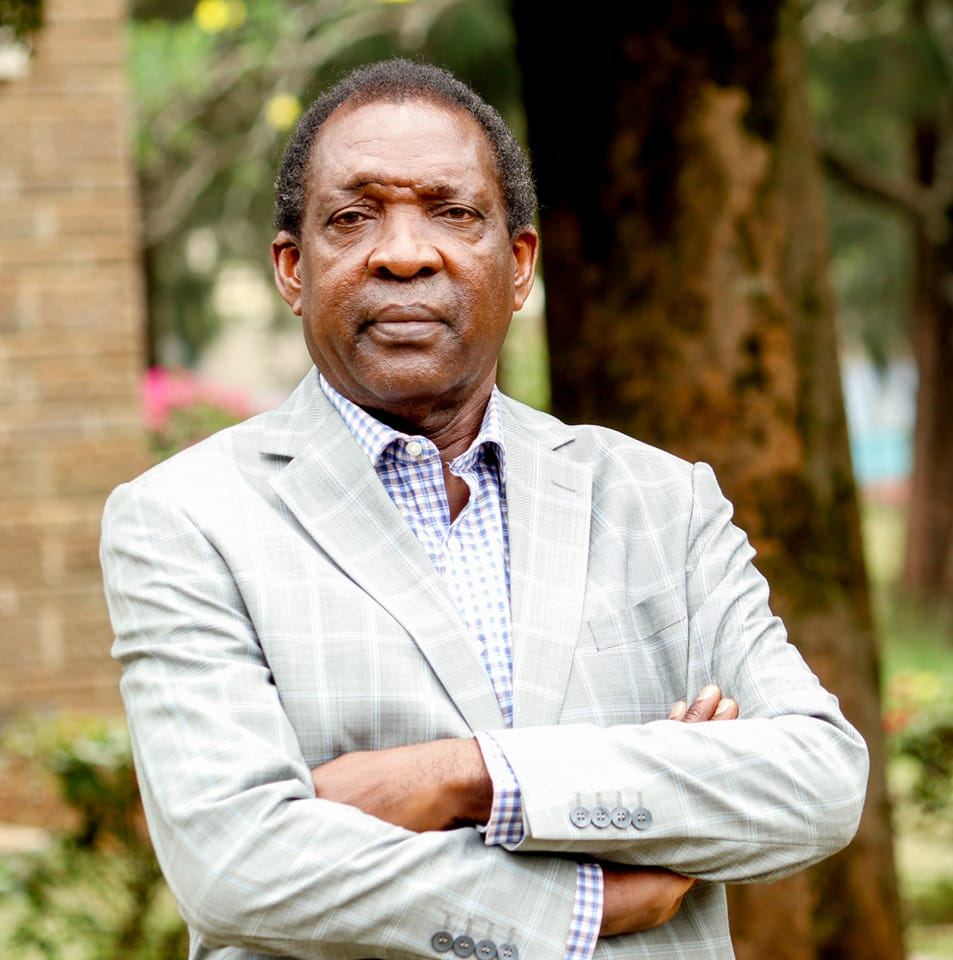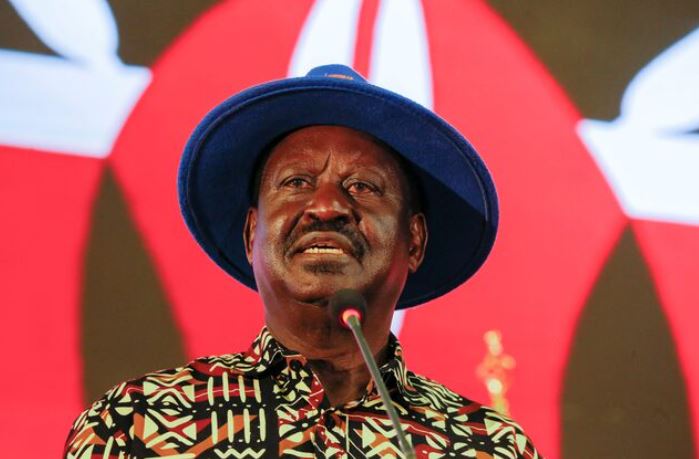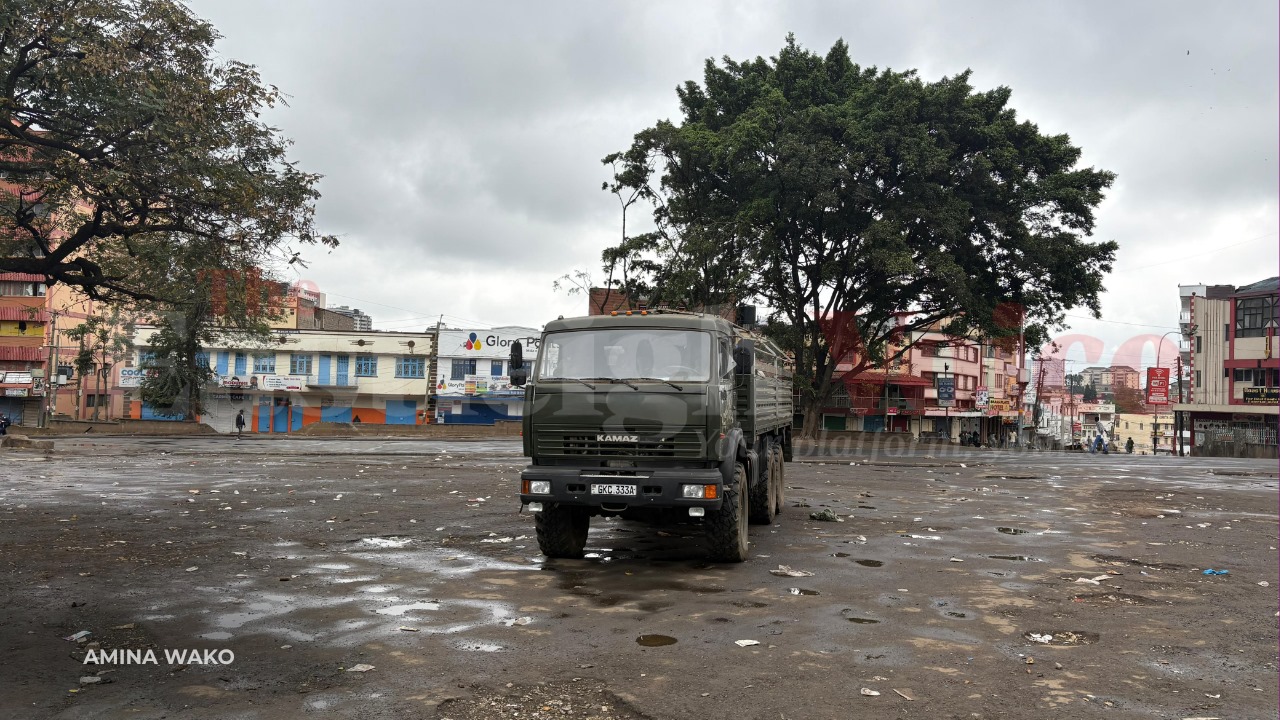From bottom-up to top-down: Is President William Ruto reversing course?
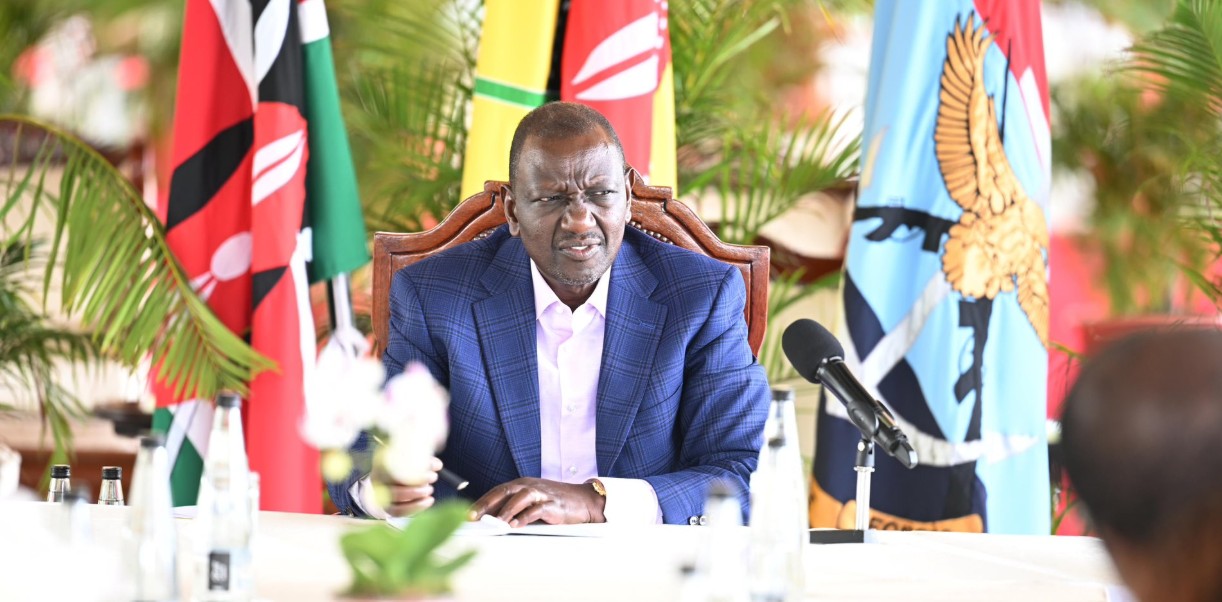
President Ruto, once the self-styled outsider and critic of state overreach, now finds himself accused of the very sins he railed against.
Two years ago, William Ruto stood before his party faithful and the nation, proclaiming a presidency anchored in humility, public dialogue, and restraint.
"Leadership listens more and speaks less," he said then during the UDA NDC meeting in Nairobi in March 2022.
More To Read
- Lawyer seeks court order to stop Ruto’s Sh1.2 billion megachurch at State House
- Tuesday court verdict on President Ruto’s IEBC nominees could reshape Kenya’s electoral path
- Lawyer Ndegwa Njiru threatens court action over Ruto’s plan to build church at State House
- President Ruto fires Mediheal Hospital founder Swarup Mishra as Kenya Biovax chair, appoints Charles Githinji as successor
- Fresh push for 'Railway City' as Kenya, UK renew strategic deal
- Why I have no apologies to make for building church at State House -Ruto
But as Kenyans mark the historic Saba Saba Day this July 7, it appears the president has grown deaf to the very ethos that propelled him to power.
On Monday morning, security forces erected barricades across key roads leading into Nairobi's Central Business District. The chilling message was unmistakable: dissent is no longer welcome.
Ostensibly a preemptive move to forestall unrest, the heavy-handed response has triggered uncomfortable memories for many Kenyans, particularly those who recall the state violence of the Daniel Arap Moi era.
Saba Saba commemorates the watershed moment in 1990 when Kenyans rose against Moi's autocratic regime.
The protests—led by political icons like Kenneth Matiba, Charles Rubia, and a young Raila Odinga—forced the repeal of Section 2A and ushered in multi-party democracy.
For the government of the day to respond to this anniversary with armoured vehicles and riot police is not just ironic—it is deeply symbolic.
Ruto, once the self-styled outsider and critic of state overreach, now finds himself accused of the very sins he railed against.
In March 2022, just months before his election, Ruto accused the Jubilee government of "weaponising public institutions," humiliating dissenters, and reducing governance to "tyranny and personality politics."
Today, those words feel eerily autobiographical.
The president had previously derided Uhuru Kenyatta and Raila Odinga's "handshake" as a backroom betrayal of democracy.
Yet faced with surging public dissatisfaction and mounting pressure, Ruto has extended a similar olive branch to Raila—what he now calls a "broad-based approach."
Critics view it as a tactical co-optation of the opposition, not unlike the Jubilee administration he once condemned.
Ruto's bottom-up economic mantra—the promise that "when we take care of those at the bottom, we take care of everyone"—has faded into the background.
In its place: bruising taxes, ballooning debt, and a growing militarisation of the state.
Even Kenya's military was recently placed on standby amid anti-government protests, in a move some see as psychological intimidation.
The president's past reflections now sound like uncomfortable reminders.
"I remain sorrowful over the hatred in the language that proudly despises the poor," he once lamented.
And yet on this year's Saba Saba, Nairobi's poor—the hawkers, boda riders, and daily wage workers—found their city turned into a fortress. Police blocked entry into town.
Public anxiety was met not with reassurance but riot shields.
The deeper concern is not just the optics of repression, but the apparent shift in governing philosophy.
In 2022, Ruto spoke passionately about reimagining government from the people's perspective.
"I was shocked by the intensity of contempt those in power have for ordinary people," he told his supporters during the NDC meeting.
He may now be seeing that contempt reflected in the mirror.
What remains of the bottom-up dream in 2024? For many Kenyans, the answer may lie not in policy papers but in lived experience—one where promises have soured into contradictions, and where the voice of the hustler has once again been muffled by the weight of power.
Top Stories Today
